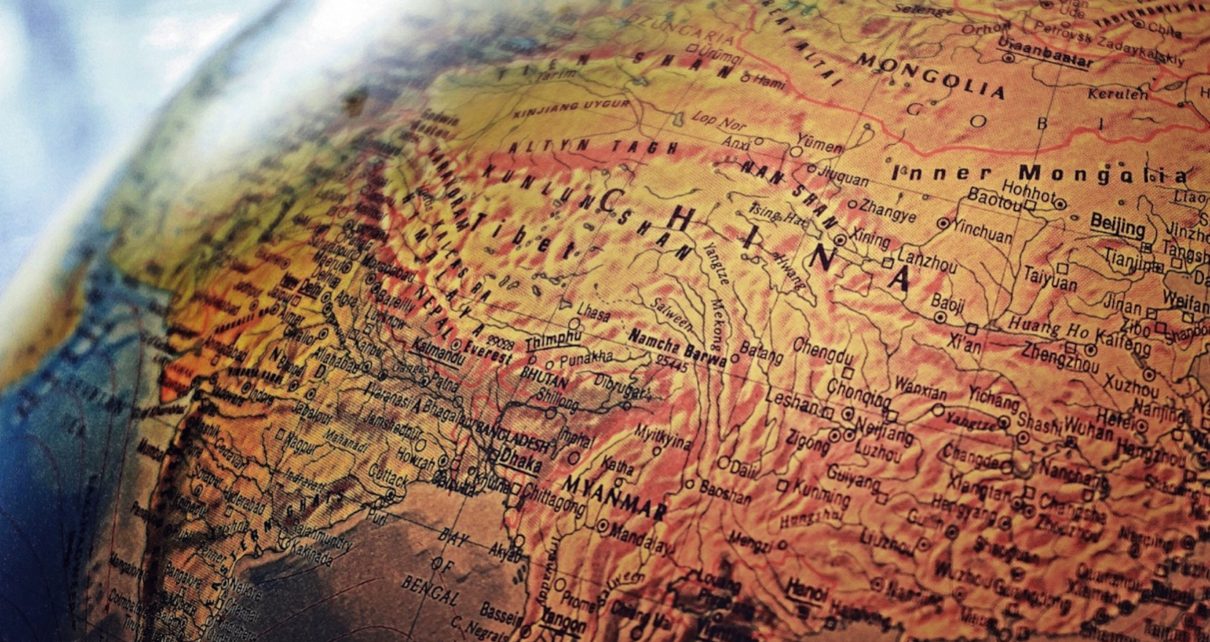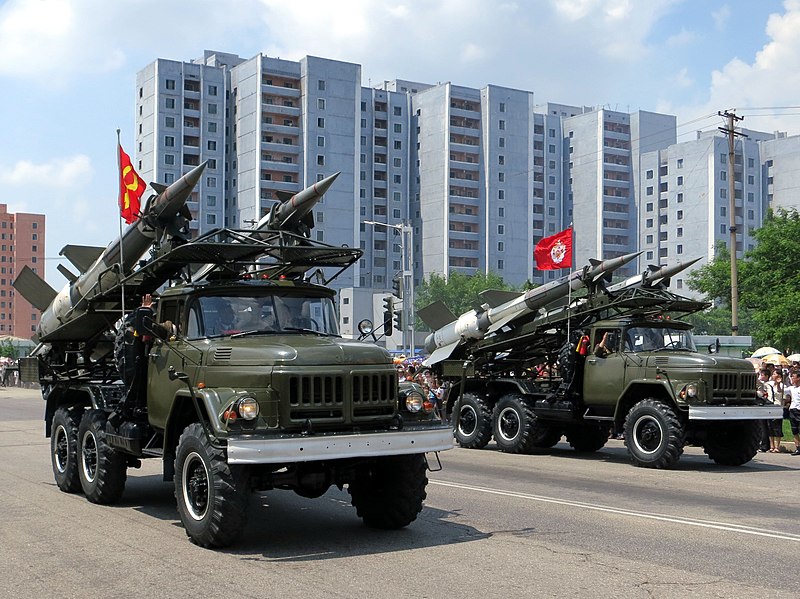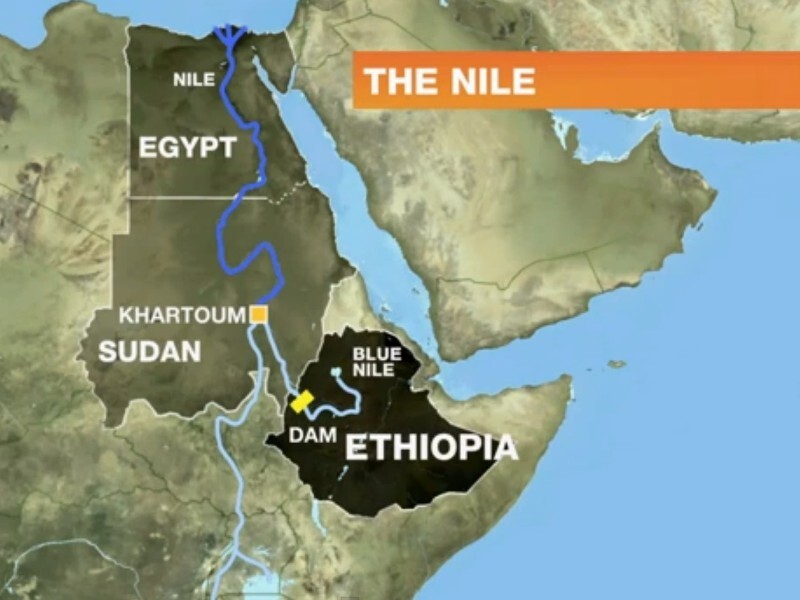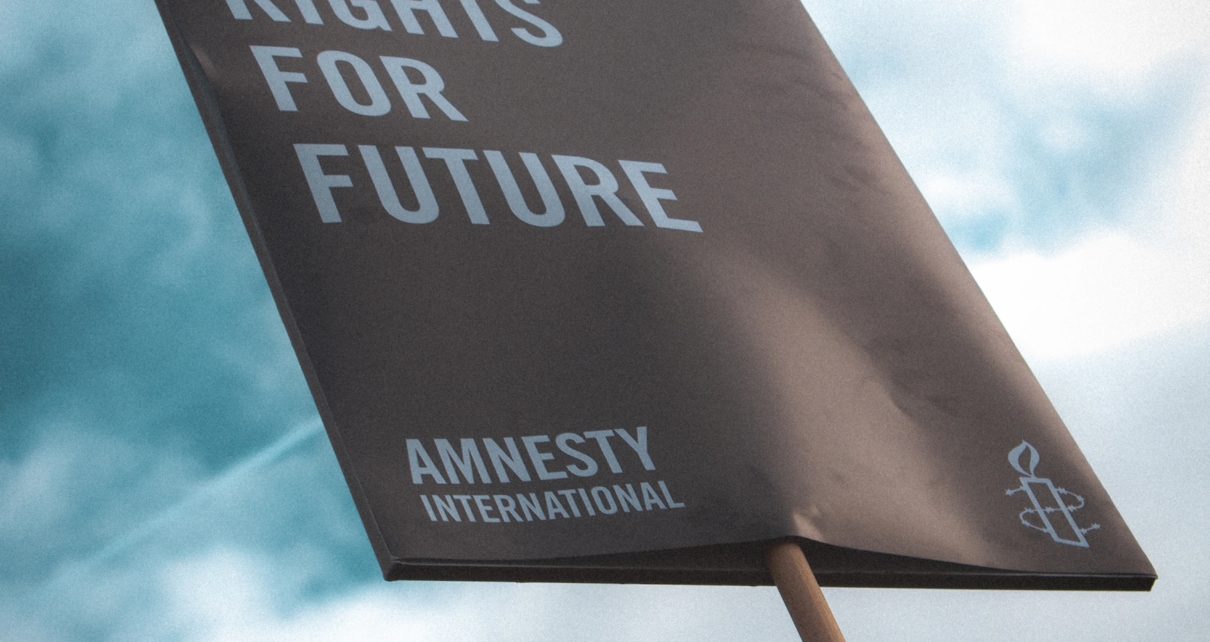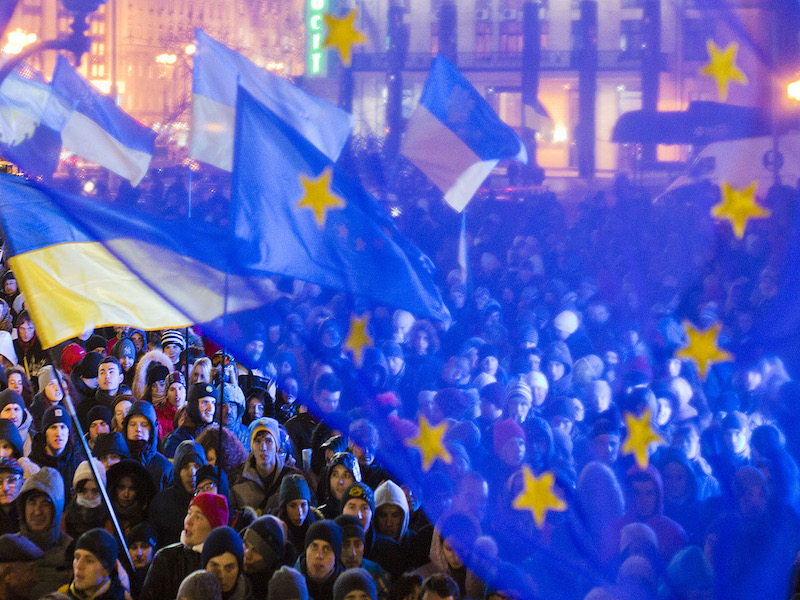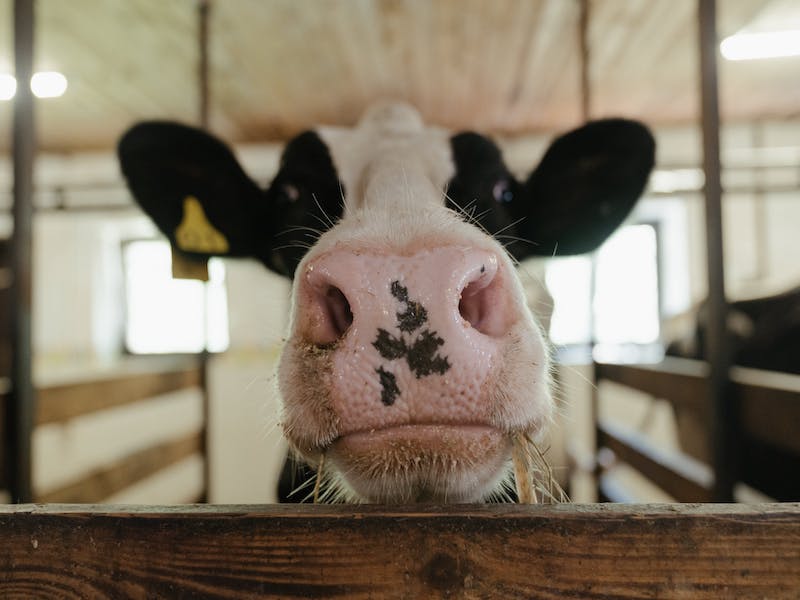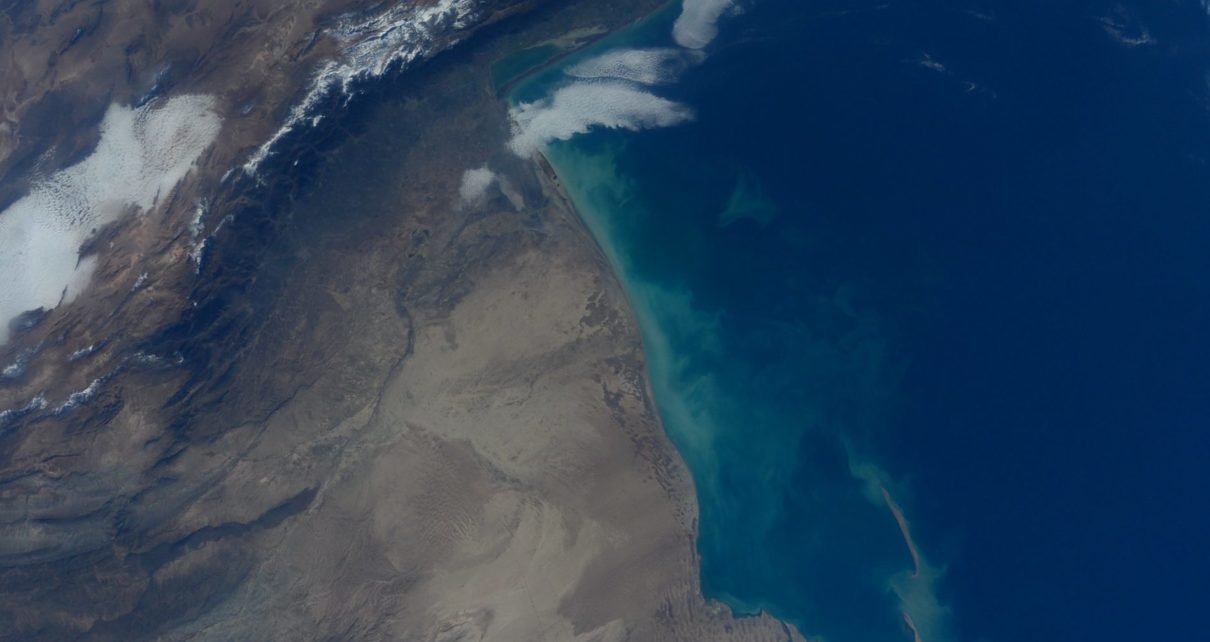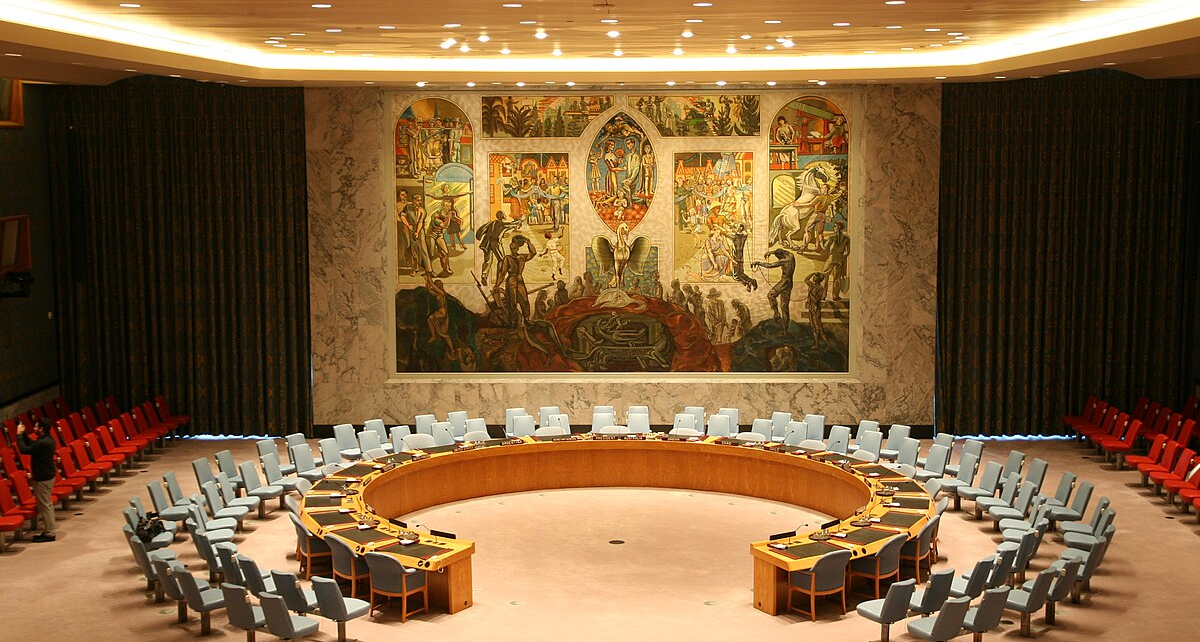In recent decades, China has established itself as a nation with global interests and the ability to fundamentally affect world order. In the past, the international community was more passive about China’s ascent. However, now that the West is becoming more aware of China’s growing power, the question naturally arises: Is China a threat? Some commentators claim that China’s Read More…
Articles
Serbian Gas Deal Continues Azerbaijan’s Penetration of South-East European Energy Markets
In this article, Dr. Cutler outlines the new Serbian gas deal with Azerbaijan in the context of European energy trends and policies, as well as the BRUA pipeline project.
Special Report: Should South Korea Get Nukes? The Rise of Nuclear Popularity and the Quest for Strategic Stability on the Korean Peninsula
Abstract: Given North Korea’s recent advancement in its nuclear weapons development program, should South Korea finally acquire the nuclear bomb? In this article, Program Editor Mark Davis Madarang Pablo analyzes the prospects of Seoul becoming a nuclear-armed state and provides policy options for the United States and the broader NATO Plus Alliance to assist in Read More…
The Charter of Rights and Freedoms vs. Vaccine Mandates in the Canadian Armed Forces
With the growing reach of social media and communication technologies, misinformation and disinformation have become so prevalent that it can now be difficult to discern between what is true and false. While “misinformation” refers to false information, “disinformation” denotes the deliberate propagation of false claims. One of the most recent disinformation crises to grip society Read More…
The Ethiopian Dam and its Effects on Egypt and Sudan
Ethiopia has officially completed its Grand Ethiopian Renaissance Dam (GERD). GERD is a $4.7 billion investment project located on the Blue Nile tributary, through which 85% of the Nile’s water flows. The dam is 30 kilometres long – Africa’s biggest hydroelectric project – producing 6,000 megawatts of electricity in a country where 66% of the Read More…
Canada’s Conundrum: Peace and Profits
Abstract: NATO’s recent discussion of arms control brings to light Canada’s role in the issue. Last year, NATO and the UN took part in the Eighth Biennial Meeting of State Parties to discuss how to combat the illicit sale of arms. During the meeting, the Deputy Director of Arms Control Directorate at the Political Affairs and Security Read More…
Ukraine’s Decades-Long Battle: Post-Independence Corruption and European Integration
In this article Bogdana Torbina traces the roots of Ukraine’s corruption and analyzes the future of anti-corruption reforms for continued Western support and Ukrainian accession to NATO and the EU in this time of war.
Mad Cow Disease – A Threat to Global Health and Food Security
Canada’s food crisis has been ongoing, with around 5.8 million Canadians experiencing some extent of food insecurity in 2021 alone. However, with the potential re-emergence of mad cow disease, this food insecurity could take another drastic turn. It was thought that we had seen the last of mad cow disease after the epidemic in the Read More…
Where in the Caspian Region Will Europe Get Its Gas?
In this article, NATO Association Senior Research Fellow and Director of the Energy Security program, Robert M. Cutler, discusses Europe’s Prospects for Caspian-region gas imports, including the Trans-Caspian Gas Pipeline Project (TCGP) project.
Special Report: From Operation Al-Aqsa Flood to Swords of Iron and Beyond
Israel & The Middle East Before October 7, 2023 Israel is “likely” to normalize ties with Saudi Arabia in a deal that will “change the Middle East forever” and create “a corridor of energy pipelines, rail lines, fiber optic cables, between Asia through Saudi Arabia, Jordan, Israel, and the United Arab Emirates.” Benjamin Netanyahu spoke Read More…

